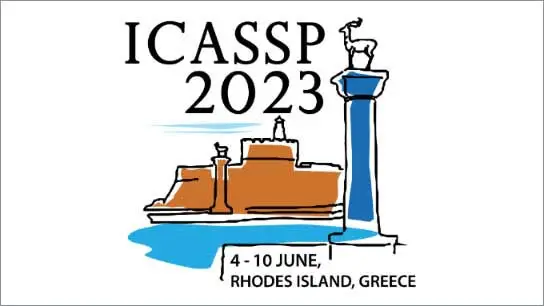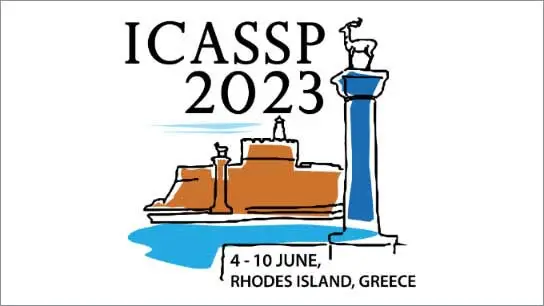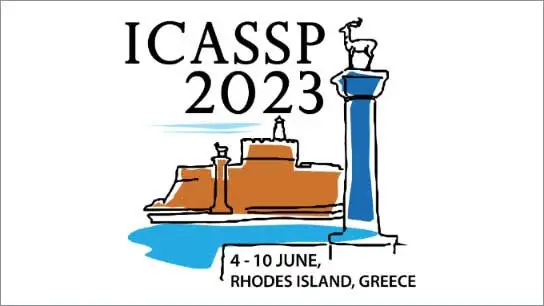Spatio-Temporal Attention in Multi-Granular Brain Chronnectomes for Detection of Autism Spectrum Disorder
James Orme-Rogers (University of Southern California); Ajitesh Srivastava (University of Southern California)
-
Members: FreeSPS
IEEE Members: $11.00
Non-members: $15.00
07 Jun 2023
The traditional methods for detecting autism spectrum disorder (ASD) are expensive, subjective, and time-consuming, often taking years for a diagnosis, with many children growing well into adolescence and even adulthood before finally confirming the disorder. Recently, graph-based learning techniques have demonstrated impressive results on resting-state functional magnetic resonance imaging (rs-fMRI) data from the Autism Brain Imaging Data Exchange (ABIDE). We introduce IMAGIN, a multI-granular, Multi-Atlas spatio-temporal attention Graph Isomorphism Network, which we use to learn graph representations of dynamic functional brain connectivity (chronnectome), as opposed to static connectivity (connectome). The experimental results demonstrate that IMAGIN achieves a 5-fold cross validation accuracy of 79.25%, which surpasses the current state-of-the-art by 1.5%. In addition, analysis of the spatial and temporal attention scores provide further validation for the neural basis of autism.



